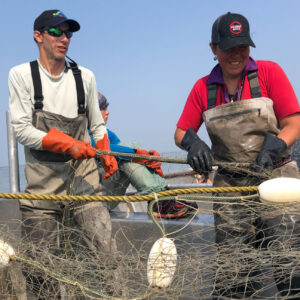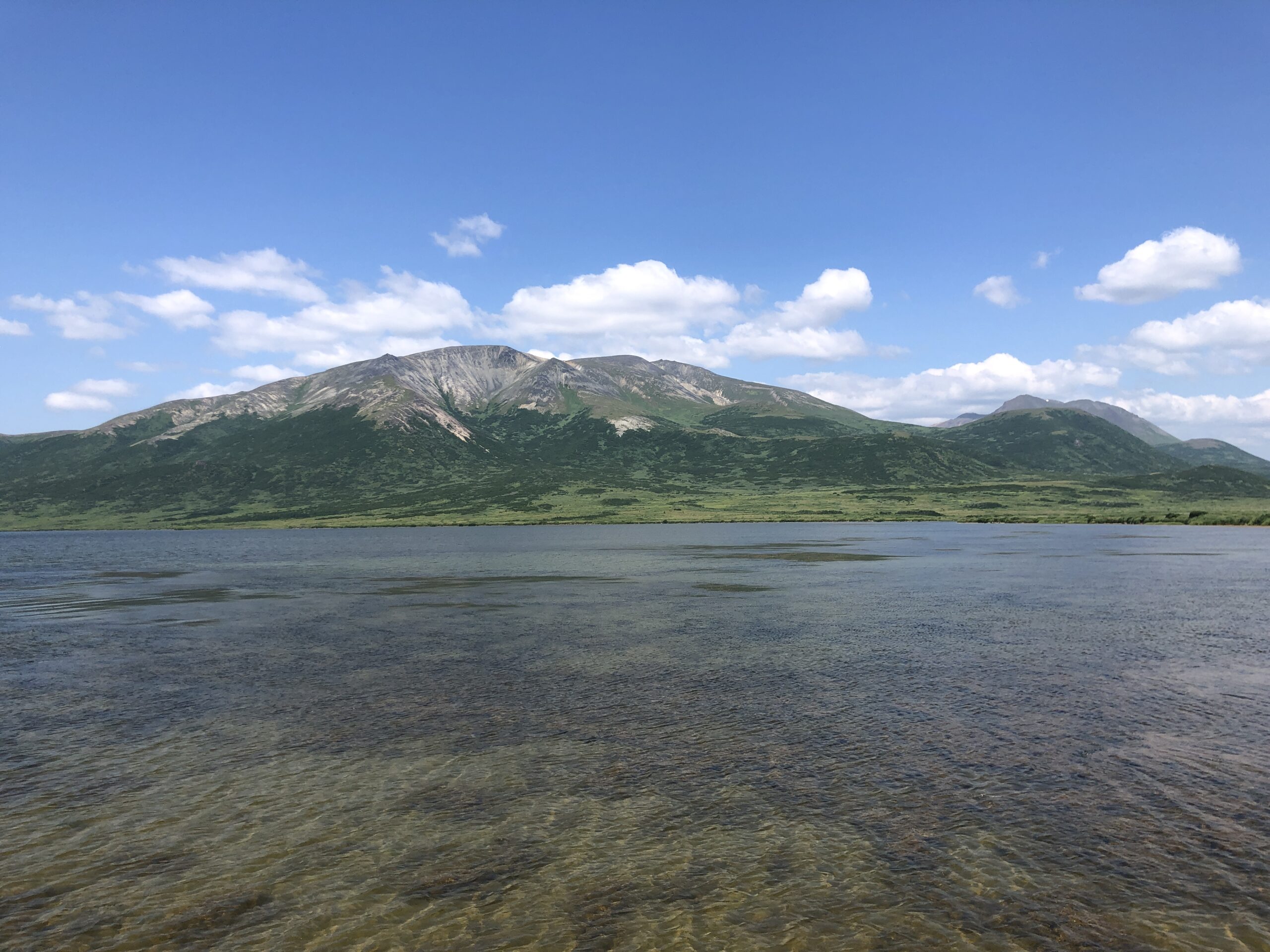The Environmental Protection Agency has extended the deadline to submit public comment on its draft ruling that would permanently protect Bristol Bay, Alaska from the proposed Pebble Mine from July 5 to September 6.
While this will allow more time for more people from around the world to weigh in, it also could play into the mine’s owners’ hands by delaying the process. So it’s important to back Bristol Bay now and call on the EPA to do its job and finalize Clean Water Act Section 404(c) protections for for the region that supports the world’s largest wild salmon fishery! What happens there could set a precedent elsewhere. And if toxic mining were allowed to proceed in such an ecologically, culturally, and economically vital watershed, the consequences elsewhere in the U.S. could be disastrous.
Below is written testimony I submitted on behalf of myself, One Fish Foundation, Slow Fish North America, and Slow Food USA to the EPA website about why this matters. I provided a shorter version of this during a virtual listening session on June 16.
I encourage you to check out the calls to action below.

Melanie Brown, who is Yupik, teaching me to pick sockeye out of a setnet in 2019 on the site near the mouth of the Naknek where her great grandfather taught her to fish. Photo: Andres Javier Camacho
My name is Colles Stowell, and I’m writing from unceded Wabenaki territory in Yarmouth, Maine.
Thank you for the opportunity to comment on EPA’s Clean Water Act Section 404(c) Revised Proposed Determination to protect Bristol Bay from Pebble Mine.
I run a nonprofit called One Fish Foundation, which brings the sustainable seafood education message into classrooms and communities in Northern New England and beyond.
I’m also a member of the Oversight Team for Slow Fish North America, an active grassroots, diverse organization of fish harvesters, fishmongers, chefs, educators, researchers and advocates.
I also serve on the leadership team and the Food and Farm Policy team for Slow Food USA.
I’d like to direct my comments from each of these perspectives in support of Clean Water Act protections for Bristol Bay.
As a teacher, I try to get students to think about their relationship to seafood as a resource. In so doing, I get them to think about the impact their decisions have on that resource and the collective impact we as a society have on natural water resources. This may be carbon pollution, dams blocking anadromous fish passage, and toxic mines.
In many of these classes, from middle school into college, I’ve held up the example of Bristol Bay as a pristine watershed responsible for such a productive fishery that continues to set records. The example is so striking because this fishery is under threat from over 10 billion tons of toxic waste from the Pebble project. I’ve had commercial and subsistence fish harvesters within the Slow Fish network that fish Bristol Bay talk to my students about their connections to the resource, their livelihoods, and what’s at stake. You should see the stunned reactions from these students.
Slow Fish North America has several fish harvesters from diverse backgrounds that depend on Bristol Bay’s healthy habitat for the world’s largest wild sockeye run, and their livelihoods. In fact, I spent a few weeks in Bristol Bay in 2019, interviewing several folks with different backgrounds about what binds them to that place, those waters, and those salmon. I learned to setnet fish from Melanie Brown at the mouth of the Naknek River. Melanie is Yupik, and fishes the same spot where her great-grandfather taught her to fish. I later stood waist-deep upriver in amazement as a parade of thousands of chrome fish flashed by while I was flyfishing.
Just as the Slow Fish community cares about Bristol Bay being one of the best-managed fisheries in the world, due in large part because of its pristine waters, the Slow Food community cares about the story behind the salmon produced in Bristol Bay. Our members care that the incredible resource, which supports more than 15,000 jobs and generates $2.2 billion annually remains intact and untouched by toxic mining.
Many of our members eschew farmed salmon for wild-caught Pacific salmon, like the sockeye from Bristol Bay. They want to see the watershed that has supported Indigenous communities since time immemorial stay healthy and productive to continue feeding those communities. Many want to see domestically harvested and processed wild Bristol Bay salmon remain a healthy seafood choice in the U.S.
So I ask you, on behalf of the thousands of students I’ve already taught, and the thousands more that I will teach, on behalf of the commercial fish harvesters and fishmongers in the Slow Fish community working in and around Bristol Bay, and on behalf of the thousands of Slow Food USA members from Alaska and the lower 48 who choose wild-caught Pacific salmon, I ask you to please finish the job. Please do your duty and end the threat of the Pebble Mine, and provide durable, long-lasting, and science-based safeguards to protect Bristol Bay and the communities, fishing families, businesses that depend on it.
Thank you,
Colles Stowell
President
One Fish Foundation


